On the Dalian Commodity Exchange (DCE), the most actively traded September iron ore contract increased by 2.54 percent, reaching 849 yuan ($119.02), marking its highest level since March 17.
Simultaneously, the August iron ore reference value on the Singapore Stock Exchange surged by 3.58 percent to $113.85 per metric ton, hitting its peak since April 11 at 0725 GMT.
China's exports witnessed the sharpest decline last month since the beginning of the COVID-19 pandemic three years ago.
National Australia Bank analysts raised hopes in a note that iron ore would offer additional economic support to Beijing's struggling real estate sector, as investors overlook disappointing trade data.
As of July 14, iron ore inventories among 247 surveyed steelmakers have shown a 1.3 percent week-on-week decrease, reaching 85.22 million metric tons. Similarly, inventories at 45 surveyed ports have also declined for the fourth consecutive week, with a 1.1 percent week-on-week decrease to 124.95 million metric tons.
Prices were further boosted by the weakening US dollar, which followed better-than-expected economic data.
In addition to iron ore, other steelmaking components such as coke and coal on the Dalian Commodity Exchange (DCE) also experienced increases of 2.85% and 1.98%, respectively.
According to analysts, Chinese coke producers have raised their offer prices for the second round by 50 yuan per metric ton. It is anticipated that these price increases will be accepted by the mills in due course.
The steel benchmarks on the Shanghai Futures Exchange saw significant increases, primarily driven by rising raw material costs. However, earnings were limited due to sluggish demand in the market.
Rebar prices experienced a rise of 1.59%, while hot rolled coil prices increased by 1.39%. Wire rod prices also saw a slight increase of 0.75%, and stainless steel prices had a marginal rise of 0.03%.


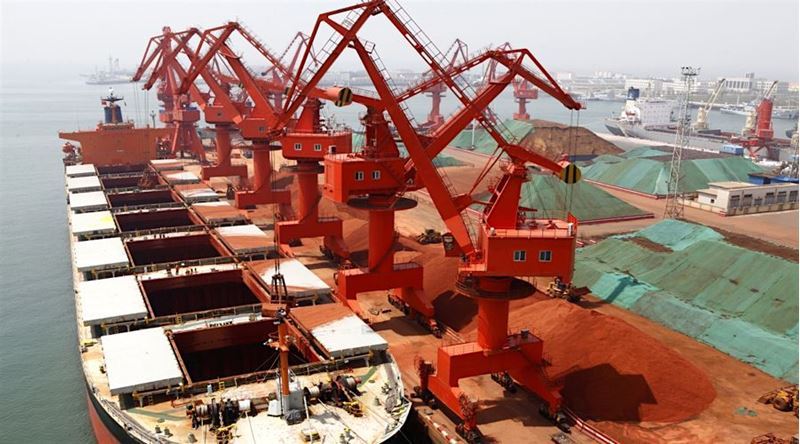
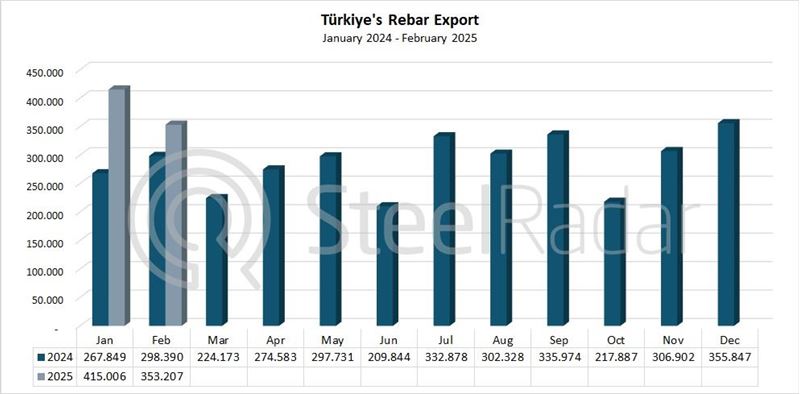
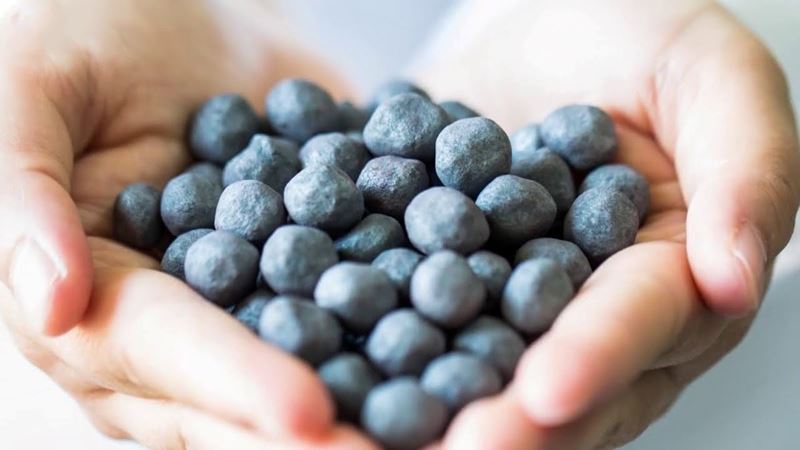

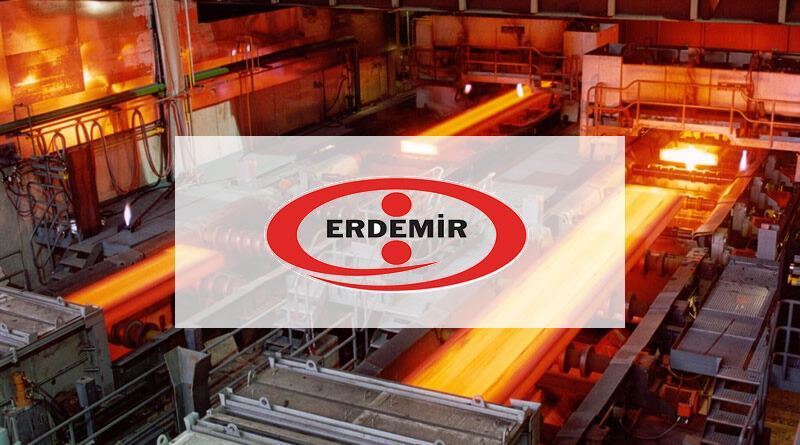
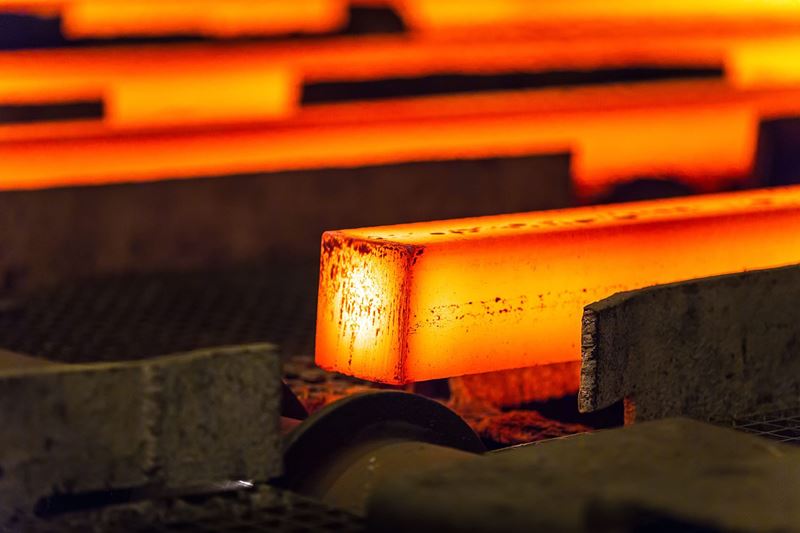

Comments
No comment yet.